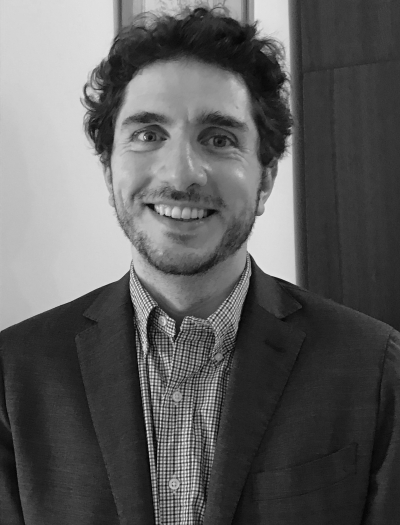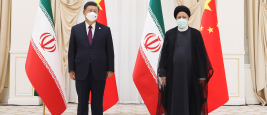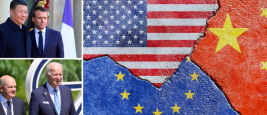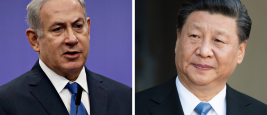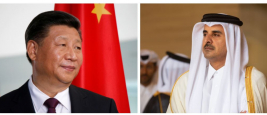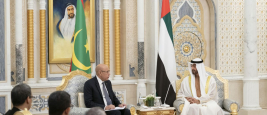
Jean-Loup SAMAAN
Former Associate research fellow, Turkey and Middle East Program
Research Interests:
- Defense policies in the Middle East
- Arab Gulf States
- Israel/Defense and Foreign Policies
- Lebanon/Hizbullah
- United States/Middle East Policy, Indo-Pacific
Jean-Loup Samaan was an associate research fellow at Ifri's programme on contemporary Turkey and the Middle East until May 2024.
Prior to that, Jean-Loup Samaan was a policy analyst at the Directorate for Strategic Affairs of the French Ministry of Defense (2008-2011), a research advisor at the NATO Defense College (2011-2016), and associate professor in strategic studies detached by the US Near East South Asia Center to the UAE National Defense College (2016-2021). He was also a senior research fellow at the Middle East Institute of the National University of Singapore. Jean-Loup Samaan holds a PhD in political science from the University of Paris 1 (2009) and an accreditation to supervise research from Sciences Po (2017).
On March 10, the revelation of an agreement between Saudi Arabia and Iran brokered by China took Western observers and diplomats by surprise. Beijing's unprecedented intervention in the dispute between Riyadh and Teheran confirms its growing ambitions in the region.
As French President Emmanuel Macron (accompanied by Ursula von der Leyen) is on a state visit to China, some twenty Ifri researchers decipher the stakes of the U.S./China/Europe strategic triangle.
Like the Gulf monarchies, Israel has strengthened its economic cooperation with China since Xi Jinping came to power in 2013, leading to an influx of Chinese capital, whether in Tel Aviv's high-tech sector or in Israel's port infrastructure.
Like its neighbors in the Arabian Peninsula, Qatar finds itself increasingly confronted with a difficult dilemma: while its economy is looking to the East, more specifically towards China, the security and stability of the country still depend on the United States.
The United Arab Emirates (UAE) has long-standing ties with African countries, but the implementation of a genuine Africa policy dates back only about 15 years.



